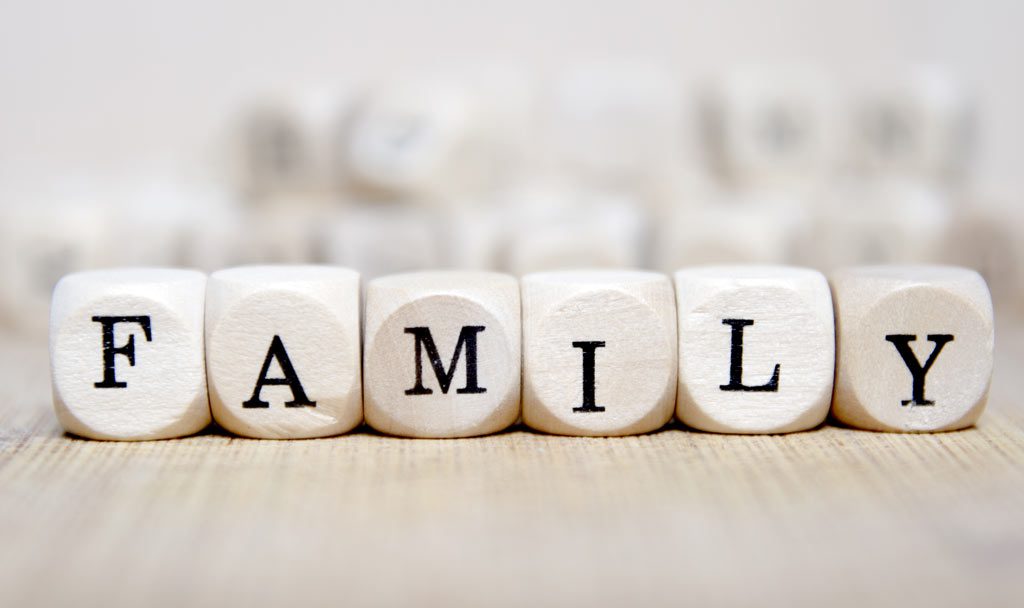I was interviewed recently by the wonderful Ruth Steverlynck for Let’s Talk Family Enterprise, which is a podcast series put out by Family Enterprise Canada. We covered a lot of ground, but mostly centered our conversation on the question of what exactly I mean when I talk about creating a “family-focused office” rather than a “family office.” In particular, we dove into the operational question of how you would know if you were looking at a family-focused office: what metrics or observable qualities could you use to determine whether an office was truly family-focused? What will we see that looks different in a family-focused office as opposed to most other family offices?
I give several answers.
First, real relationships.
The people that work in a family-focused office will have relationships with the family members. And this will go beyond just the designated “relationship managers” or senior officers: the people in the office will know who the family members are, and vice versa. The family and the enterprise will be in relationship to each other, with many points of connection.
Second, the quality of those relationships.
There will be authenticity, honesty, candor, and the beginnings of transparency about what we–both the advisors and the family members–don’t know about the task of helping a family over a long period of time. As I put it in the podcast, “family offices are really difficult … The secret is that we don’t know how to do a lot of what families need us to do. We don’t know how to preserve a family’s wealth or a family’s wellbeing over 50 years. We don’t know how to do that. We don’t have a secret recipe or a technique or a structure or a governance modality or something. We don’t know. In an honest family office, there is a lot of candor about the limits of what we really know, and the mystery of what we’re trying to do together, which is help your family succeed over a long period of time, whatever your definition of success ends up being. That’s a different quality of relationship …”
Third, pausing to wonder.
Every once in a while, someone–an advisor or a family member–will ask a deep and profound question that deserves real attention. My friend Sue Heilbronner calls these “wonder questions.” These are questions that stop you in your tracks; that take you out of the day-to-day tasks and into the deeper water of issues that are rarely discussed. In a family-focused office, the professionals know enough and know themselves enough to pause when those questions get asked. To really stop and say “We could take 10 years with that question. That is a wonderful question. Let’s not let that go by because we have too many things in the short term to worry about.”
Finally, less fear, more connection.
A family-focused office will not be marked by the fear that pervades many family offices. This is the part of my answer that surprised me most, and that felt most authentic and compelling. As I’ve worked with family offices and the families they serve, I have seen fear in all directions: the staff is often very afraid of the family members, who can be capricious, demanding, unfair, and entitled; and the family members are often afraid of the staff, who can be patronizing, manipulative, secretive, and controlling. In a family-focused office, this fear is both diminished and can be surfaced and discussed. This requires real investment in authentic connection, both by the professionals and the family members.
As I’ve reflected since the podcast, I feel even more strongly that my answers–about relationship strength, trust, and the presence of absence of fear–are useful ways to determine whether a family office (or trust company) is moving in the right direction.
To access the podcast on Apple Podcasts, click here.
To access it on the Family Enterprise Canada web site, click here.

